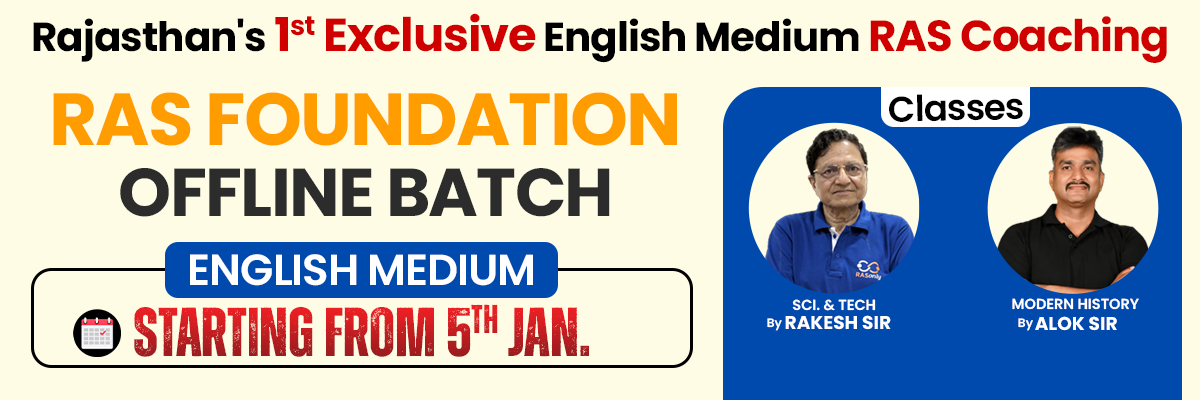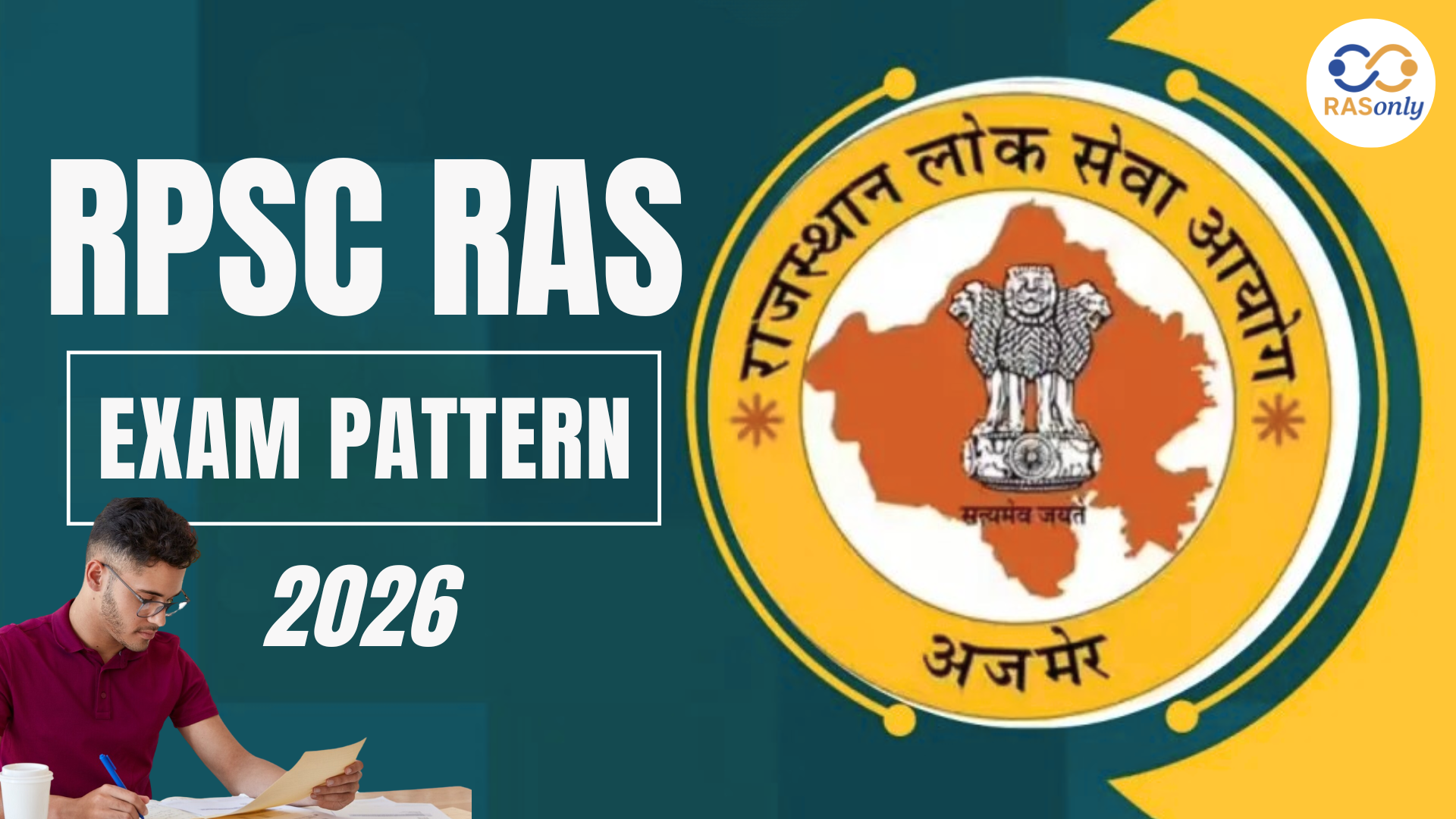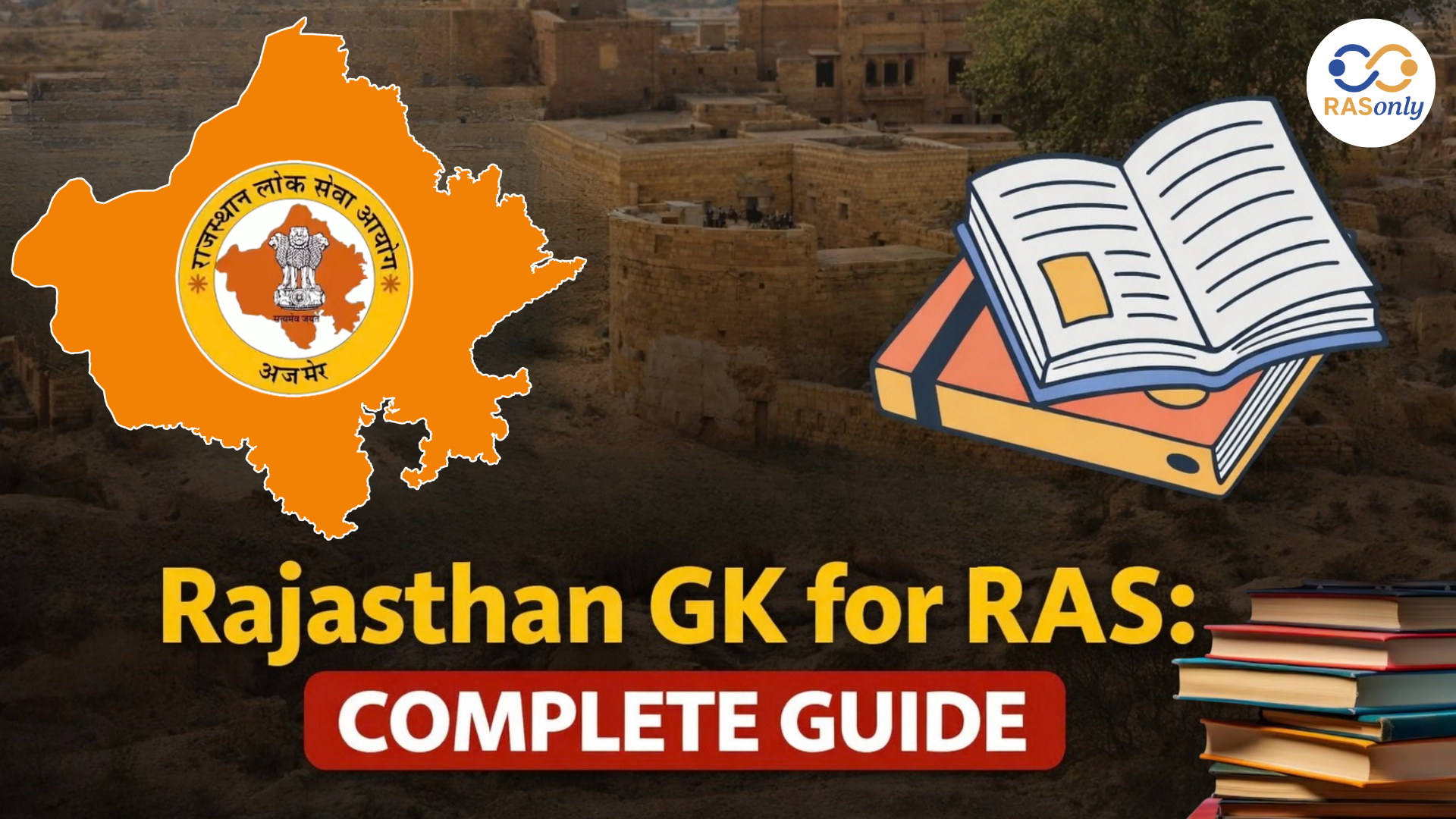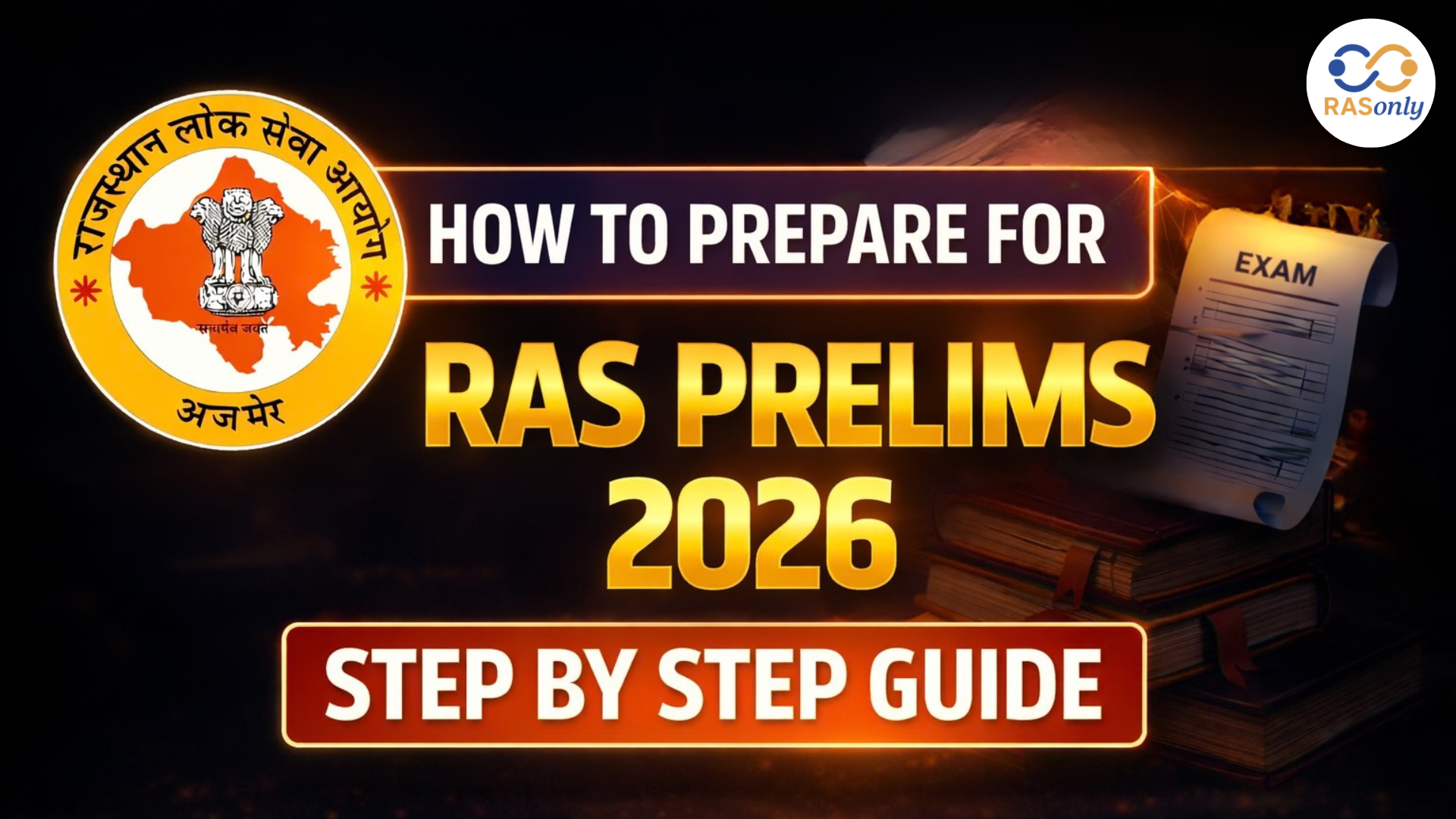RPSC RAS 2026 Subject Wise Exam Pattern for Prelims, Mains & Interview Details
- >
- RAS Preparation Resources
- >
- Sanskritization – Meaning, Characteristics, and Effects
Sanskritization – Meaning, Characteristics, and Effects

Get in Touch with RASonly!

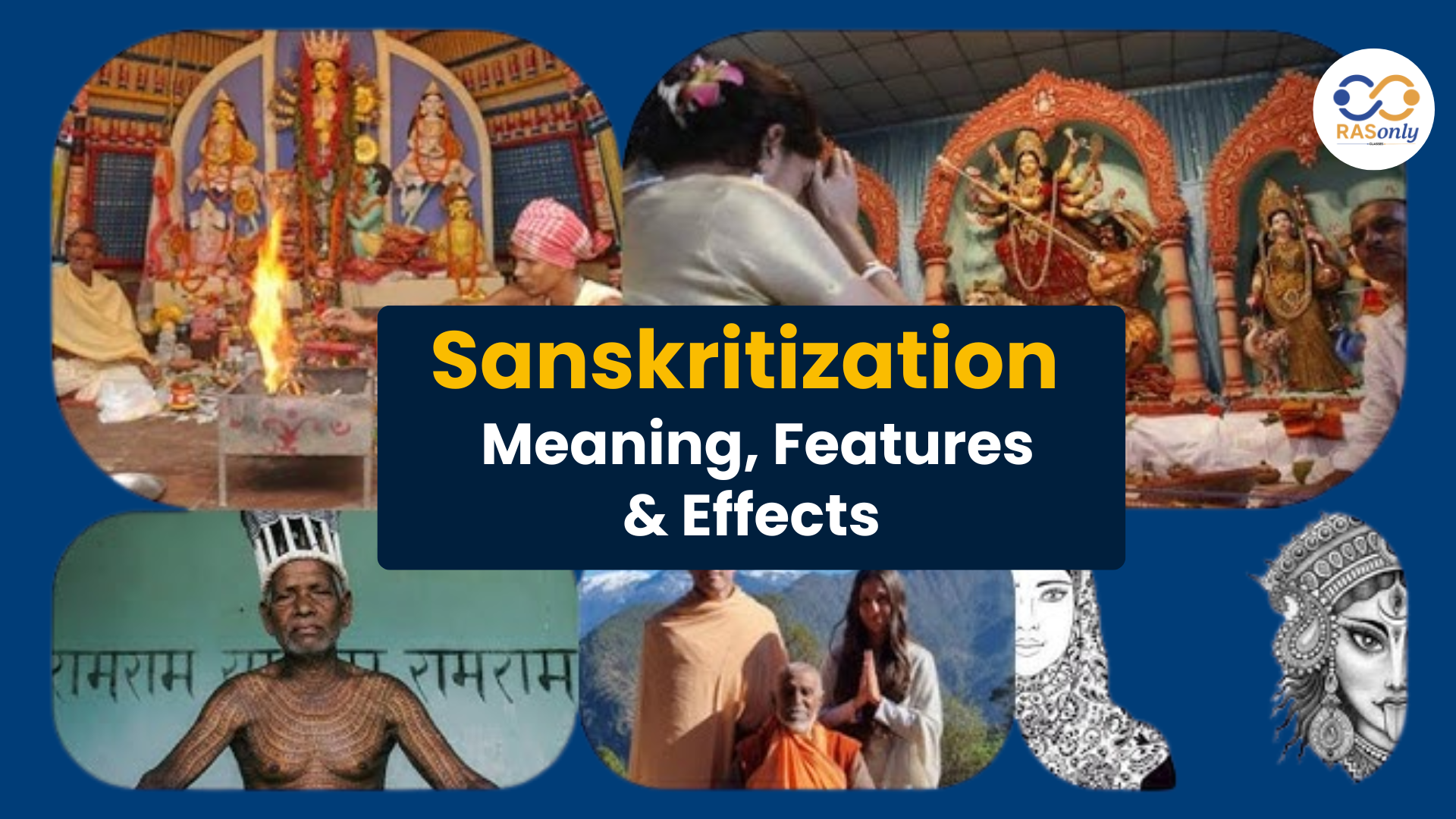
A sociological term coined by M.N. Srinivas to describe change and fluidity in the customary caste system of India. This may be described as a manner in which the practices, customs, and the way of life of higher castes, especially the Brahmins become adapted by the lower castes or tribes as a means of improving their lives socially. This mimicry allows vertical mobility that does not threaten the caste system in any way. Sanskritization is not only applied to caste groups but also to tribal society. It has a central part in changing cultures and social values.
Key Points for RAS Mains
Definition of Sanskritization
- It was named by Prof. M.N. Srinivas used it initially in his work, Religion and Society among the Coorgs of South India.
- Initially it was called Brahminization, later expanded and renamed Sanskritization.
- Definition: Sanskritization comes as a process through which any lower caste or a tribe or any other group of people alter their customs, rituals, ideology and mode of livelihood towards higher or more frequently known as twice born caste.
The features of Sanskritization
- Imitative Process:
- In order to become socially advanced, lower castes copy the style of life and rituals of upper ones.
- Out of the desire to get rid of religious, economic, or social disabilities.
- Cultural Change:
- Acceptance of the cultures of castes of twice-born (Brahmins, Kshatriyas, Vaishyas).
- Certain groups also mimic non-Brahmin castes that dominated the locals.
- Social Mobility Enabler:
- A social mobility system in the caste system.
- Does nothing to the caste structure, but position within the structure.
- Common Among Tribals As Well:
- Another reason which makes tribes Sanskritize is their desire to be accepted socially within the Hindu society
- De-Sanskritization Emerge:
- Nowadays, lower caste behaviours are replicated by higher caste, e.g., Brahmins drinking meat or alcohol.
- This process of reverse is called De-Sanskritization.
Consequences of Sanskritization
- 1. Social Field:
- Improves the position of lower caste in caste hierarchy.
- Amplifies dignity and self-confidence in communities that have been marginalized.
- 2. Economic Field:
- Quitting impure jobs in favor of clean and decent jobs.
- Representative of upgrading economically and being recognized by society.
- 3. Religious Field:
- Embracement of Brahminical religious emblems (e.g. sacred thread).
- They will engage in such activities as Aarti, Bhajan, temple visiting.
- Religious specialization of ceremonies.
- 4. Living Patterns:
- Pucca house building, clean environment.
- Wearing the clothes of an upper-caste and increasing hygiene.
- Equal dealing at par e.g., sitting on cots with higher castes.
Conclusion for RPSC
Sanskritization is a non-revolutionary means of social change within Indian society. It has allowed the entrant of the lower castes into the strata in an upward direction without eliminating the caste system. The critics say that on the contrary, it increases the caste hierarchy instead of breaking it.
Also Read: Communalism in India
Faqs for RPSC RAS
Post Category
- RAS Salary
- Result
- RAS Admit Card
- RAS Job
- RAS Cutoff
- Preparation Tips
- RAS Answer Key
- RAS Exam Analysis
- RAS Syllabus
- RAS Previous Year Papers
- RPSC RAS Exam Pattern
- RAS Interview
- RAS Mains Exam Date
- RAS Vacancy
- RAS Test Series
- RAS Best Books
- RAS Preparation Resources
- RAS Coaching Centre
- History
- Polity
- Geography
- Economics
- Science
- Art and Culture
- RPSC RAS Application Form
- RPSC RAS Notification
RASonly Interview Guidance Program

Mr. Ashok Jain
Ex-Chief Secretary Govt of Rajasthan
- IAS officer of the 1981 batch, Rajasthan cadre.
- Passionate about mentoring the next generation of RAS officers with real-world insights.
- Got retired in Dec 2017 from the post of Chief Secretary of the state of Rajasthan.

Mr. Guru Charan Rai
Ex-ASP / SP in Jaisalmer
- Guru Charan Rai, IPS (Retd), retired as Inspector General of Police (Security), Rajasthan, Jaipur in 2017.
- Served as ASP and SP in Jaisalmer, Nagaur, Sri Ganganagar, Sawai Madhopur, Dausa, Sikar, and Karauli.
- He also held key positions as DIGP and IGP in the Law and Order division.

Mr. Rakesh Verma
Ex-IAS Officer, B.Tech, MBA, and M.A. (Economics)
- IAS officer of the 1981 batch and retired in Chief Secretary Rank.
- Civil servant of high repute and vast experience.
- Has been teaching UPSC CSE subjects for the last six years.
Related Post
Daily Current Affairs for RAS Exam Preparation 2026
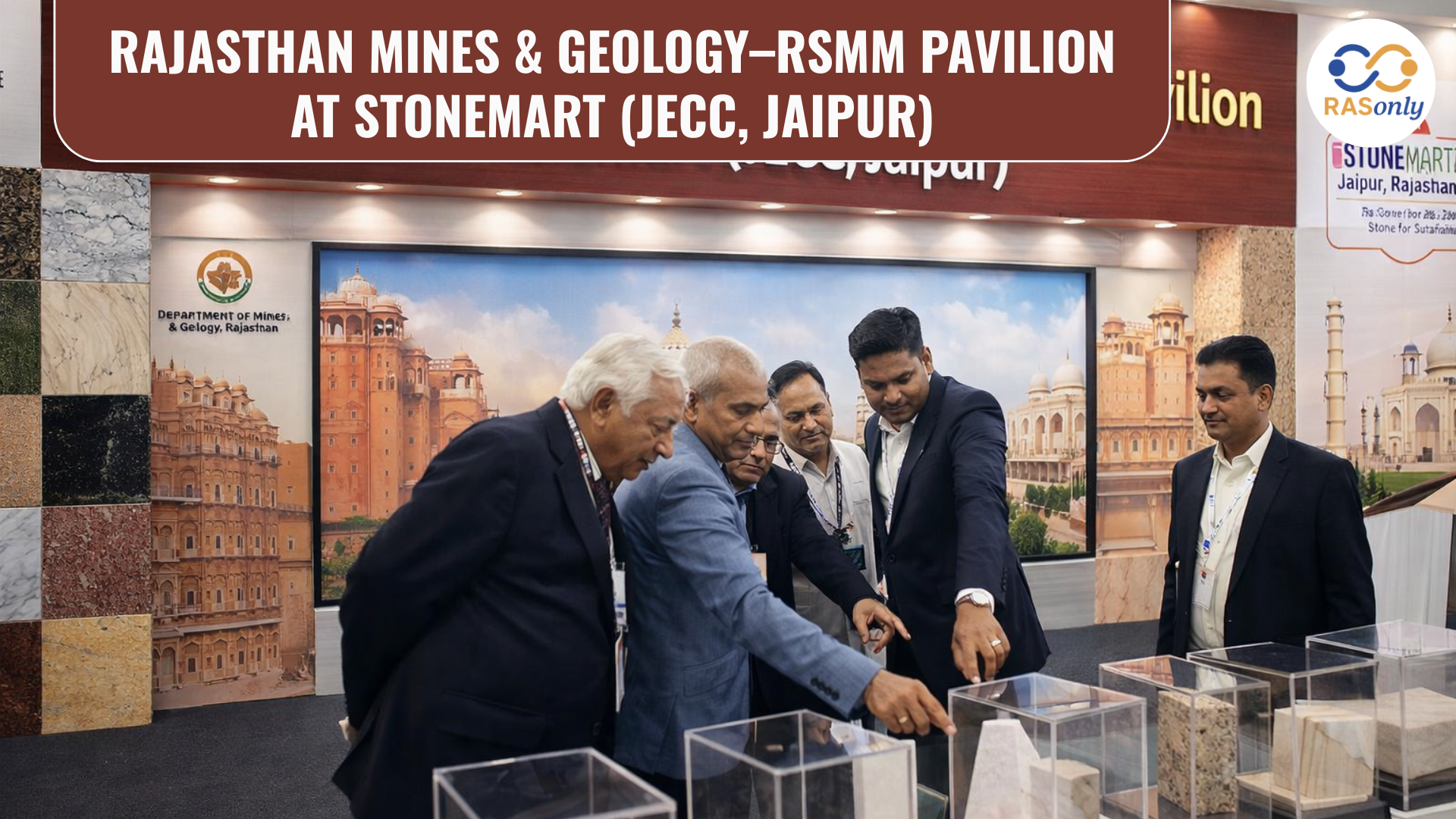
Rajasthan Pavilion Shines at Stone Mart Jaipur 2026
February 07, 2026
Rajasthan Achieves 3,000 MW Under PM-KUSUM Scheme
February 07, 2026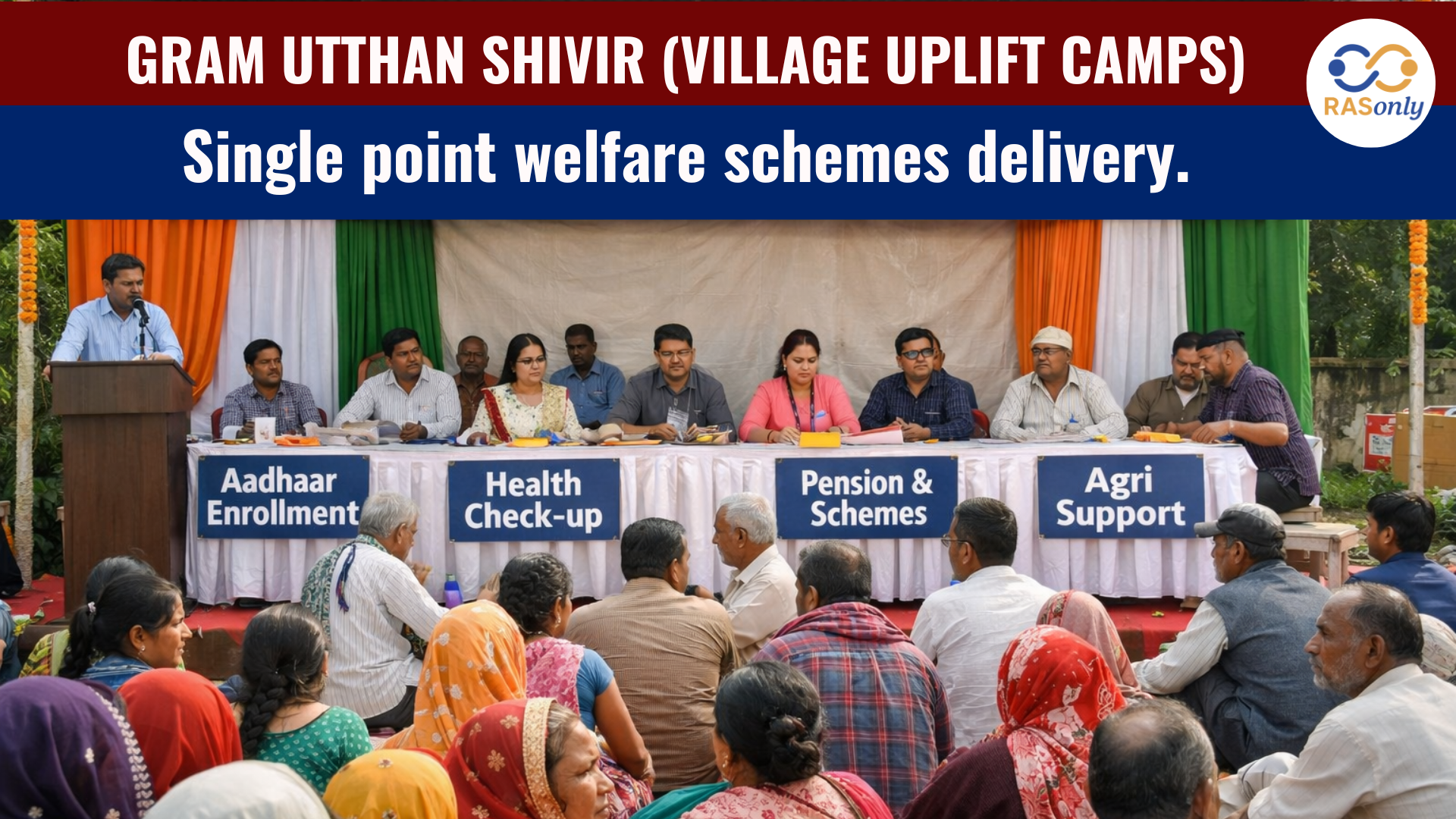
Gram Utthan Shivirs Strengthen Rural Governance in Rajasthan
February 07, 2026
Jaipur Badminton: 72-Minute U-15 Final Creates Record
February 06, 2026👉🏻 Register Today to Join Classes! 👍🏻
- Team RASOnly -
🎯 Benefits of RASOnly Coaching:
- ✅ 1:1 Mentorship with RAS Officers
- ✅ Experienced and Expert Faculty
- ✅ Free Library Access
- ✅ Daily Minimum 4 Hours Must
- ✅ Comprehensive Study Material
- ✅ Regular Tests & Performance Analysis
- ✅ Personalized Guidance & Doubt Solving
- ✅ Online & Offline Class Options
- ✅ Affordable Fees with Quality Education
Key Highlights:
- 👉🏻 3-Day Refund Policy
- 👉🏻 New Batch Starting from 04 August
- 👉🏻 Registration Amount: Only ₹1000




